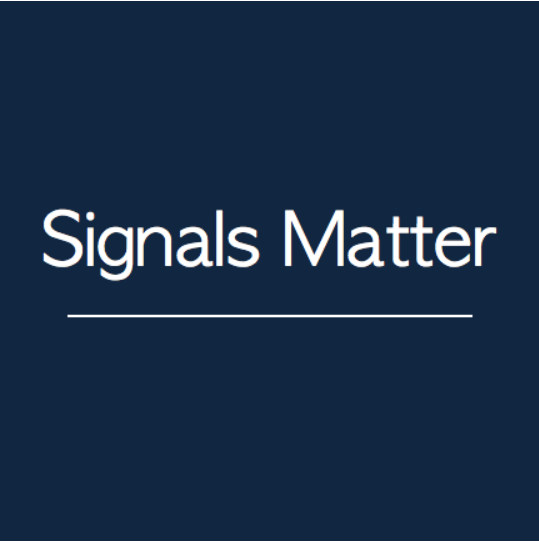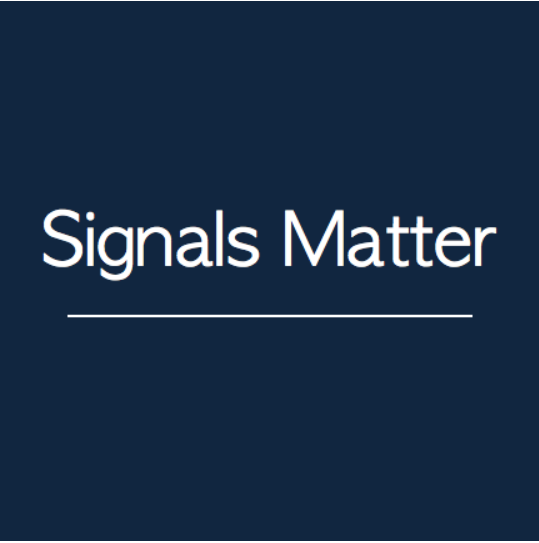The President’s latest tweet-attack on China has sent investors into an early May panic, as the VIX (aka “fear indicator”) lept to its highest reading since January.
Why all the panic?
The short answer is that more trade agreement “talks” with China will now be threatened as Trump equally threatened to more than double existing tariffs on Chinese goods.
As I’ve written elsewhere, these are mostly headline-driven market whipsaws-almost distractions. This trade war is only just beginning and it won’t be good for anyone.
The sad fact of the matter is that both China and the U.S. are already so over their skis in debt that these “trade-talk” spinners/headlines are missing the forest for the trees…
That is, a tariff on Chinese “goods” is essentially just a tax on U.S. consumers and retailers, as the vast majority of American “goods” are simply, well: “Made in China.” This suggests that tariff war blame lies right here in our own executive suites.
No one wins a trade war, and the Fed is losing control of a lot more than just politics.
The Tariff War is Fighting on Multiple Fronts
For this, we tariff war blame points in part toward American CEO’s at places like Apple and Nike.
They get paid more for hiring cheaper Asian labor than for hiring Americans.
Most of our “American stuff” is in fact made just outside of Shanghai…
Nevertheless, the tariff war blame is worth noting, as it certainly causes markets to ruffle their feathers. In the States Trump’s “Tweet” sent U.S. stock futures down on Sunday night by 1.8%.
In China, things were even worse.
Stocks fell below their support levels on one tweet alone.
On Monday, the Shanghai Composite Index lost 5.6%-the greatest single-day loss in three years, which the Chinese state media tried to quickly silence.
So much for true capitalism China style, eh?
These trade talks impact the world, of course.
After Trump’s “tweet,” for example, oil fell to $60.04 and the Yuan plunged by 6.8 per dollar, the greatest loss since early 2016.
Needless to say, a weaker Yuan only makes the dollar relatively stronger, and hence U.S. exports more expensive and less competitive. In short, this is not good for America.
American retailers, moreover, have a lot at stake if this trade war turns hotter. A 25% tariff would basically wipe out any chance for earnings growth in an already weak retail sector.
That’s why such fears saw the SPDR S&P Retail ETF fall by almost 2% on the latest Trump Tweet.
Of course, trying to invest based on the latest word count from the White House is no simple matter.
Any remotely positive good news-even the type of finger food served at Sino-American tariff discussions-can just as easily send the markets up, despite no substantive changes toward an actual agreement.
It would not surprise me at all to see markets rise quickly the moment the media sends out any remotely good news on the next China “agreement” headline, which is inevitable.
For now, the markets will just have to wait and see what the next tweets and media-spinners deliver.
But folks, as our so many other reports, including The Perfect Storm or our most recent take on China, make clear, the longer-term, real issue today isn’t the latest news on the trade war, but the larger $250 trillion debt-time bomb ticking beneath U.S., Chinese, and global markets from Argentina to Frankfurt.
Debt is the real problem facing markets today, and the Fed’s effort to halt this storm via low-rates “pauses” can’t pause the oldest rule in market history, namely: Debt problems are not solved by more debt.
The Fed’s low-rate “drunken markets” are simply another way to keep debt levels climbing and hence that debt bomb growing.
A trade war today only makes these already dangerous conditions worse, not better.
Stay with the Signals Matter as we walk you through these explosive conditions, up, down, and sideways.
As always, stay informed, invest with facts not spin, and keep the big picture always in mind.
Comments
3 responses to “Wall Street Fears Tariff War Coming from the Tweet Front”
- Elizabeth Milne says:
May 6, 2019 at 9:57 PM
International currencies are interesting I think sometimes maybe I guess
- Paul Kaufmannsays:
May 6, 2019 at 9:59 PM
Your analyses are just so correct. My hope is you will continue to challenge us to think more deeply about the consequences of today’s actions which threaten the future of our children.
- Kessir Nasrsays:
May 6, 2019 at 11:28 PM
Je voi que la chine et devenu
tres dangereuse… n’es pas ???



